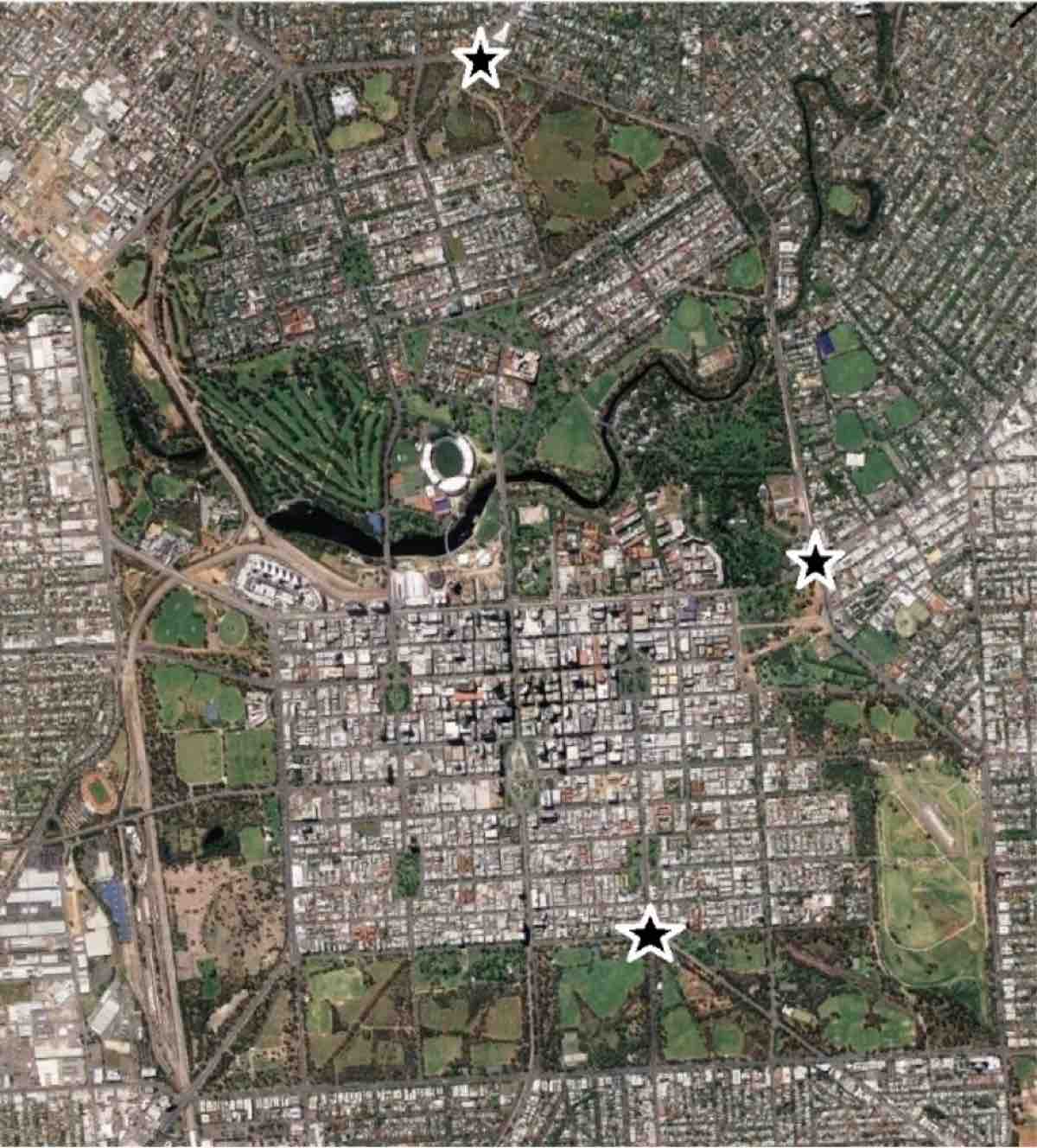In an open letter published today in the local newspaper, a coalition of EV-Willigen calls on the South Australian parliament to permanently abolish the stamp tax on electric vehicles.
Twelve organizations signed the letter, including automobile manufacturers, automotive groups and environmental organizations. The list includes the Electric Vehicle Council, South Australian entrepreneur and EV enthusiast Simon Hackett, the Conservation Council of SA, and the Australia Institute.
Eliminating stamp duty, the group said, would help boost electric vehicle adoption in the state, which recently offered a $ 3,000 discount on new electric vehicle purchases, but only for the first 4,000 vehicles.
If EVs are purchased for $ 40,000 or more, stamp duty can add a few thousand dollars to the upfront cost.
Stamp duty is “not insignificant” as an additional cost when buying a new vehicle, Noah Schultz-Byard, South Australian director of the Australia Institute, told The Driven.
He said, “The stamp duty is a huge one-time blow to a family’s budget when they make a significant purchase.”
The abolition of stamp duty would also align South Australia’s approach to EV incentives and charges with New South Wales, he said, as both states would postpone road charging until 2027. The governments of Tasmania (Liberal) and ACT (Labor / Green) also offer stamp duty exemptions.
“All we ask of South Australia is to look across the border at their coalition government cousins in New South Wales and adopt the same package,” said Schultz-Byard.
Behyad Jafari, chairman of the Electric Vehicle Council, told The Driven that abolishing stamp duty on vehicles was not a new idea.
“Governments and economists have long said the stamp duty is an outdated and inefficient tax and should be abolished,” he said.
“Electric vehicles help fight climate change, reduce our daily transport costs and improve the quality of the air we breathe. It is high time to switch to electric. “
RMIT urban policy professor Jago Dodson told The Driven that he supports incentives such as stamp duty reductions, which make buying an electric vehicle relatively cheaper compared to a traditional combustion vehicle.
“It is preferable to have electric vehicles on the roads than vehicles with internal combustion engines because you get all the benefits for the climate,” he said.
However, Dodson supports the introduction of Electric Vehicle Road Charges as a reasonable approach to a moderate level of driving in cities by charging a kilometer price for the use of your car. Victoria has controversially introduced such a tax, but NSW and South Australia have postponed such fees until at least 2027, when electric vehicles become more popular.
Dodson said we should move away from conventional vehicles and towards “some electric vehicle travel, but a much larger proportion of the travel should be made by public transport and active modes of travel”.
“We want to convert the vehicle fleet to electric as soon as possible,” said Dodson, but the best thing for cities is “fewer vehicles on our roads overall” because of “all other damage that cars cause” such as traffic jams, safety, pollution from tire abrasion and space for parking.
Petra Stock is a master’s student in journalism and has worked in the fields of climate change, renewable energies and transportation. She also works part-time on climate change for the Australian Conservation Foundation.

